Broadcom records huge growth as CEO Hock Tan hails “successful integration” of VMware
The VMware acquisition is finally paying dividends for Broadcom


Chip giant Broadcom has posted impressive Q4 and fiscal year results, citing strong VMware growth following an acquisition posed significant early challenges.
Earnings for Broadcom’s full fiscal year saw revenue increase by 44% year-over-year to a record $51 billion. Infrastructure software revenue also grew to $21.5 billion, according to CEO Hock Tan.
The firm has seen a positive reaction to this earnings call, with a surge in share price skyrocketing Broadcom to a $1 trillion market cap alongside firms such as Apple and Microsoft.
While not all of this growth is attributable to its acquisition of VMware, Tan cited the “successful integration” of the virtualization software provider during the company’s earnings call last week.
“The integration of VMware is largely complete, revenue is on a growth trajectory, and operating margin reached 70% exiting 2024,” Tan said.
“Since closing the acquisition just over a year ago, we’ve signed up over 4,500 of our largest 10,000 customers for VCF (VMware Cloud foundation),” he added.
The push to VCF has been a big part of Broadcom’s messaging post-acquisition. As Broadcom EMEA CTO Joe Baguley told ITPro in November, the firm has been focused on putting the subscription price changes in a positive light.
Get the ITPro daily newsletter
Sign up today and you will receive a free copy of our Future Focus 2025 report - the leading guidance on AI, cybersecurity and other IT challenges as per 700+ senior executives
That’s because, under the new pricing model, customers gain access to the entire suite of VMware products in VCF under a single licensing fee.
The integration of VMware within the Broadcom domain hasn’t been without its challenges, however. Customers expressed serious concerns in the wake of the acquisition. Concerns voiced by customers centered around the firm’s shift away from a perpetual license setup, which critics claimed could increase prices.
Research from UK cloud firm CIVO found that more than half (51.9%) of VMware customers were considering ditching services.
Gartner found a similar trend among customers, predicting an increased level of ‘devirtualization’ in the industry, defined by moving workloads away from virtualized platforms such as VMware.
Broadcom’s VMware success in context
Broadcom’s push to VCF is a strong move, according to CCS analyst Bola Rotibi, though the numbers Tan presented suggest there is still work to be done - less than 50% of the biggest customers have moved onto the platform.
“That's the biggest customers. So whilst it's a great number, it's still not a brilliant number, not the best number,” Rotibi told ITPro.
Overall though, Broadcom's strategy is a smart move, Rotibi added. Customers ultimately want simplicity, she said, and that’s what Broadcom is offering in its reshaping of VMware.
“If Broadcom has simplified the offering, and what they're saying is that ‘here's the payment’, the question then is on the user to say, ‘Well, okay, are we utilizing it effectively,?’” Rotibi said.
Broadcom’s gameplan
Broadcom has been able to cut costs to create margin improvements according to Tony Harvey, Senior Director at Gartner. Whether this will have a long-term improvement on product development is yet to be seen though, he told ITPro.
“They have also been successful in moving customers onto the VCF platform generating more revenue,” Harvey said.
Customers who have been able to ditch VMware are often the smallest and least profitable customers, Harvey said. Large enterprises moving away from the platform would be faced with much larger projects and there may be little revenue benefit in doing so.
RELATED WHITEPAPER
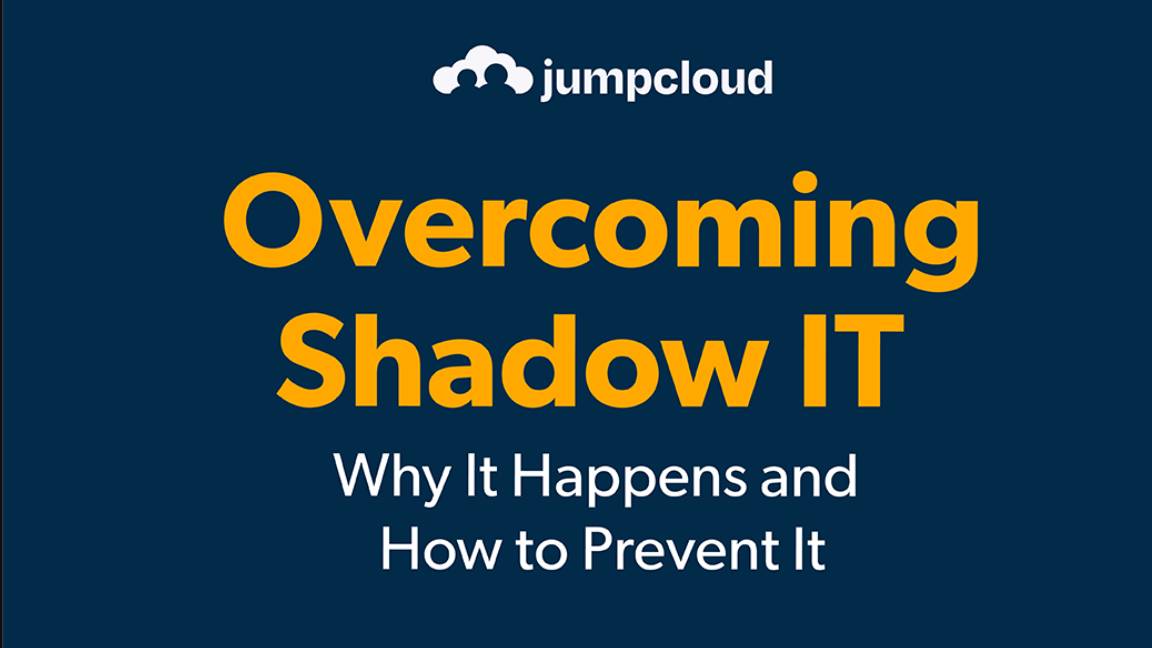
“As such those organizations who are planning to migrate will renew with VMware – most likely for 3 years - and any revenue impacts will not be seen until the next renewal cycle,” Harvey said.
“Note that there is also a strong tie with Hardware refresh cycles as well as in many cases new hardware may be required to be the migration target,” he added.
“Broadcom is very much focused on its largest and most profitable customers and while smaller customers may move to other vendors, this will simply be regarded as cost of doing business by Broadcom.”

George Fitzmaurice is a former Staff Writer at ITPro and ChannelPro, with a particular interest in AI regulation, data legislation, and market development. After graduating from the University of Oxford with a degree in English Language and Literature, he undertook an internship at the New Statesman before starting at ITPro. Outside of the office, George is both an aspiring musician and an avid reader.
-
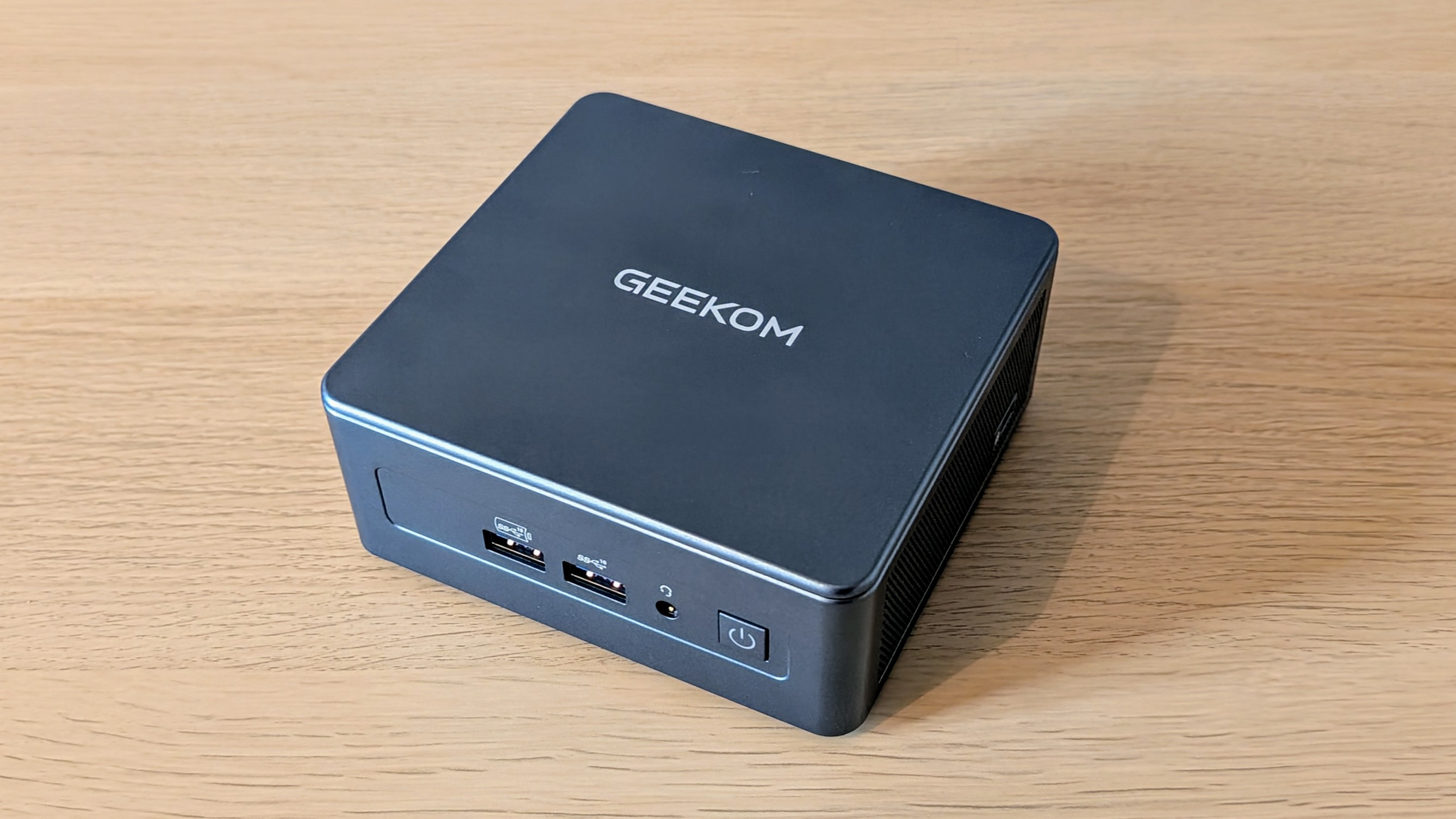 Geekom Mini IT13 Review
Geekom Mini IT13 ReviewReviews It may only be a mild update for the Mini IT13, but a more potent CPU has made a good mini PC just that little bit better
By Alun Taylor
-
 Why AI researchers are turning to nature for inspiration
Why AI researchers are turning to nature for inspirationIn-depth From ant colonies to neural networks, researchers are looking to nature to build more efficient, adaptable, and resilient systems
By David Howell
-
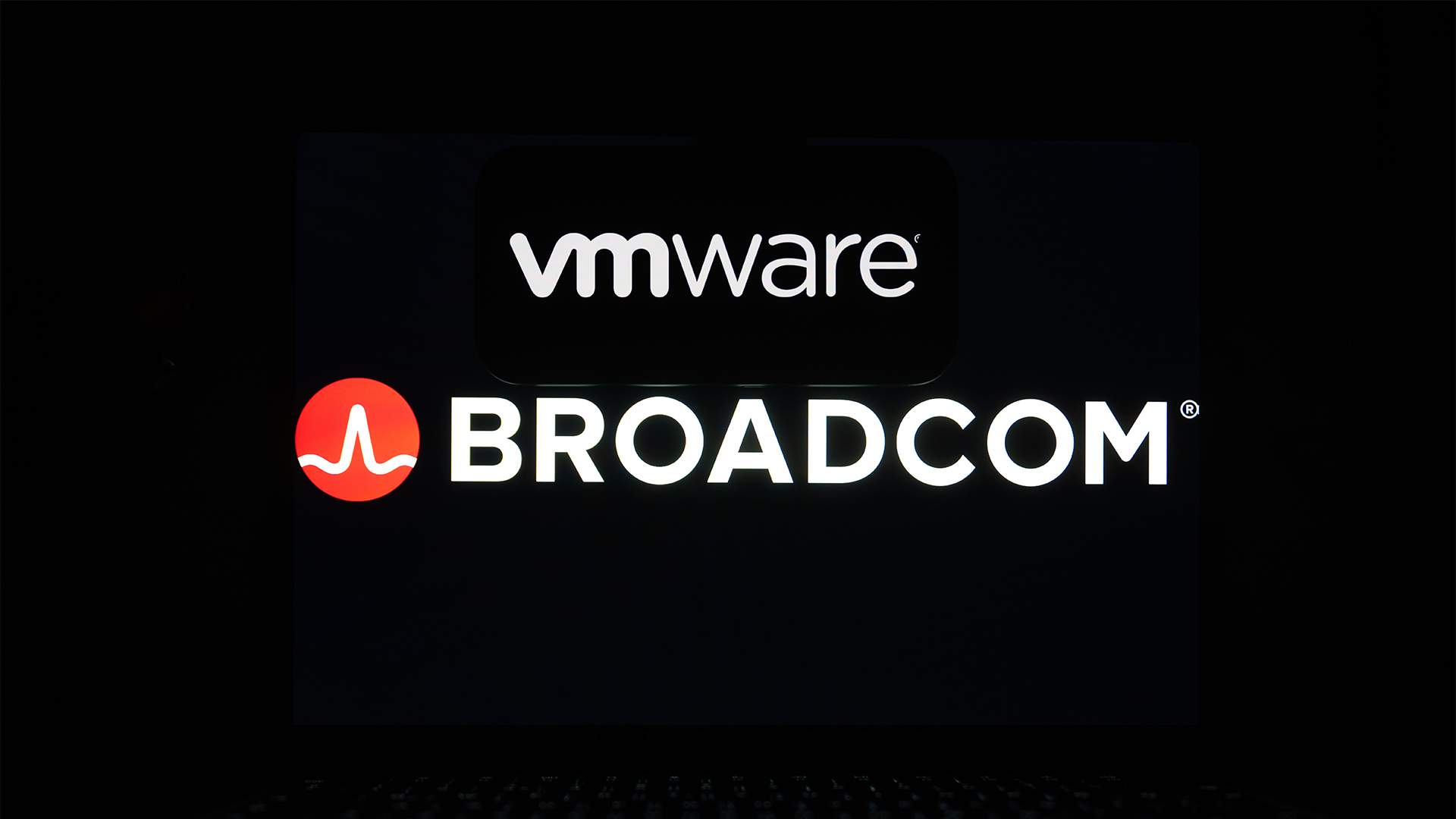 Broadcom EMEA CTO claims the company has been able to solve most of its customer issues following VMware acquisition
Broadcom EMEA CTO claims the company has been able to solve most of its customer issues following VMware acquisitionNews Joe Baguley says the firm has been walking customers through license changes and explaining the value of VMware
By George Fitzmaurice
-
 Cloud repatriation may be nipping at hyperscaler market share, but it’s a boon for VMware
Cloud repatriation may be nipping at hyperscaler market share, but it’s a boon for VMwareNews The firm’s private cloud offerings put it in a strong position to aid customers moving workloads out of the public cloud – but repatriation can’t be the only conversation
By George Fitzmaurice
-
 VMware Explore 2024 live: All the news and updates as they happen
VMware Explore 2024 live: All the news and updates as they happenLive Blog ITPro is live on the ground in Barcelona for VMware Explore 2024 – keep tabs on all the news, updates, and announcements in our rolling coverage
By George Fitzmaurice
-
 Pure Storage announces VM assessment service – and it could please beleaguered VMware customers
Pure Storage announces VM assessment service – and it could please beleaguered VMware customersNews The firm unveiled a new tool for managing VM costs as part of its Pure//Accelerate London 2024 event
By George Fitzmaurice
-
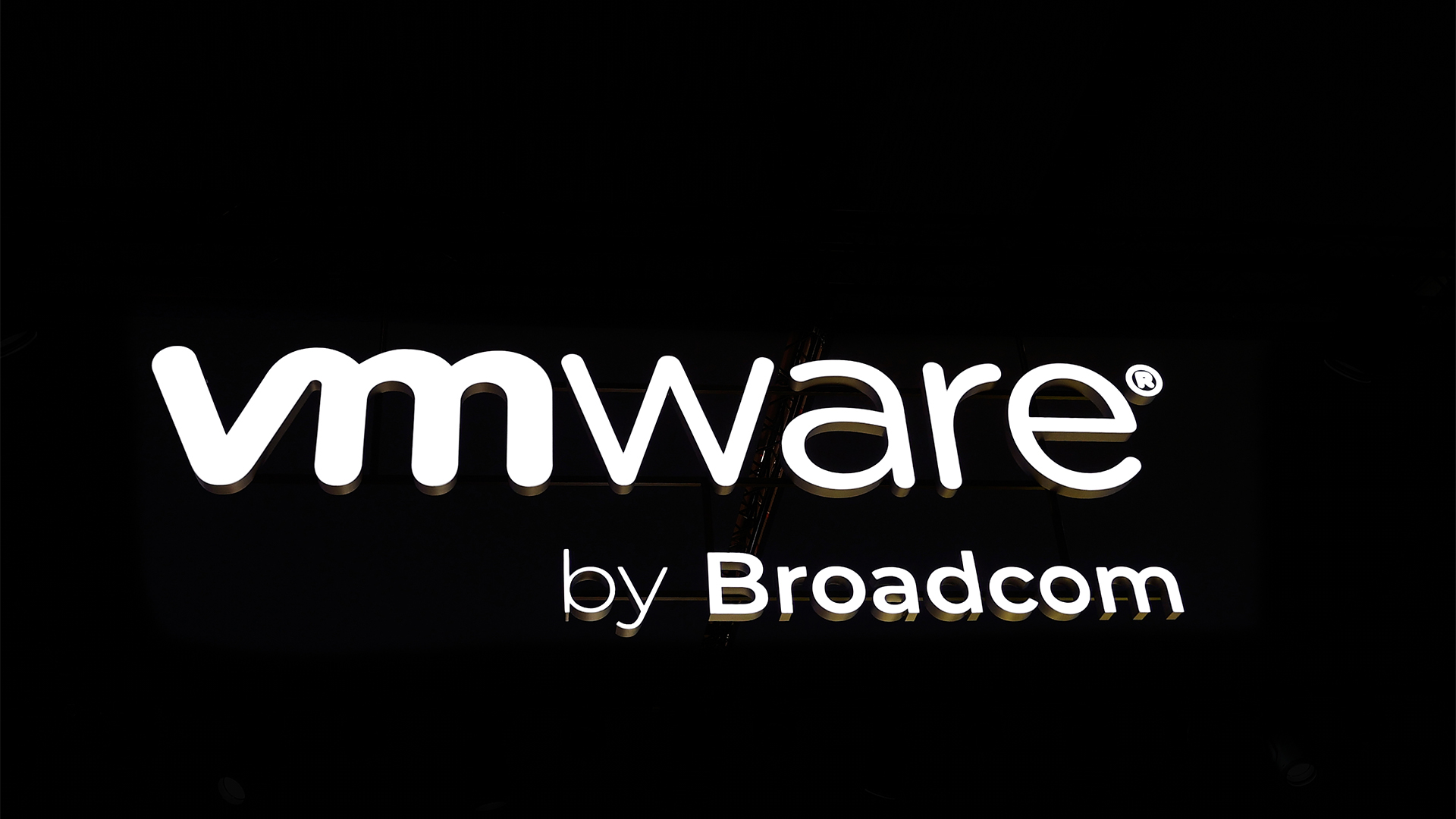 Is a VMware exodus looming? Disgruntled customers are actively seeking alternative providers or exploring open source options in the wake of Broadcom’s acquisition
Is a VMware exodus looming? Disgruntled customers are actively seeking alternative providers or exploring open source options in the wake of Broadcom’s acquisitionNews VMware customers say they are seriously considering alternative providers in light of the turbulence and increasing costs that followed its acquisition by Broadcom
By Solomon Klappholz
-
 Broadcom wants to unlock private cloud’s potential with VMware Cloud Foundation 9
Broadcom wants to unlock private cloud’s potential with VMware Cloud Foundation 9News An emphasis on simplicity matched with improved customer controls underpins the latest VCF improvements
By Rory Bathgate
-
 VMware license changes could spark a wave of data center 'devirtualization'
VMware license changes could spark a wave of data center 'devirtualization'News The increased costs associated with Broadcom’s VMware acquisition is one of the key drivers behind this predicted shift
By George Fitzmaurice
-
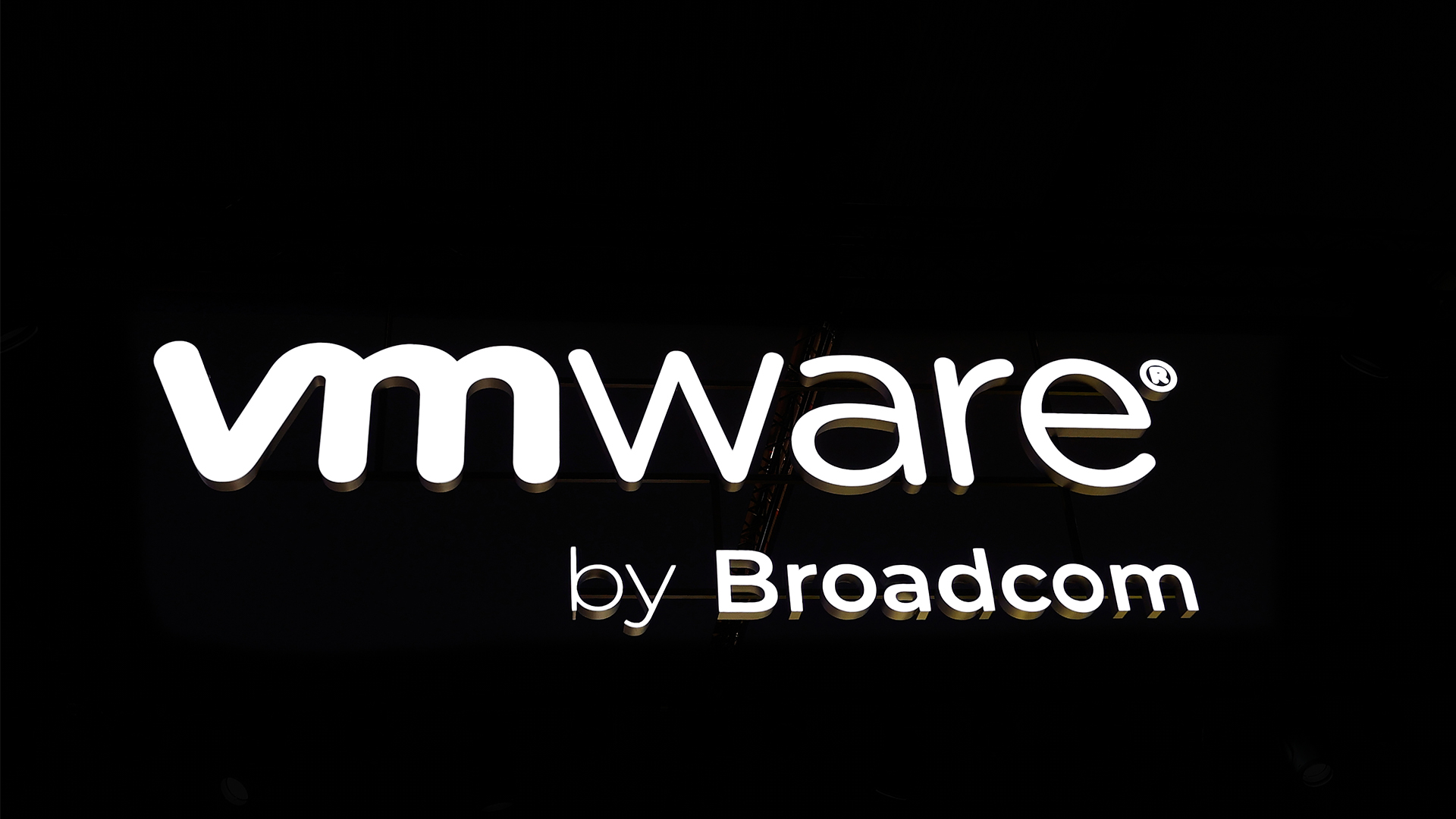 VMware unveils first Cloud Foundation overhaul since Broadcom acquisition
VMware unveils first Cloud Foundation overhaul since Broadcom acquisitionNews VMware is targeting better developer experience, improved resilience, and easier modernization as priorities with its new subscription-based approach
By Rory Bathgate